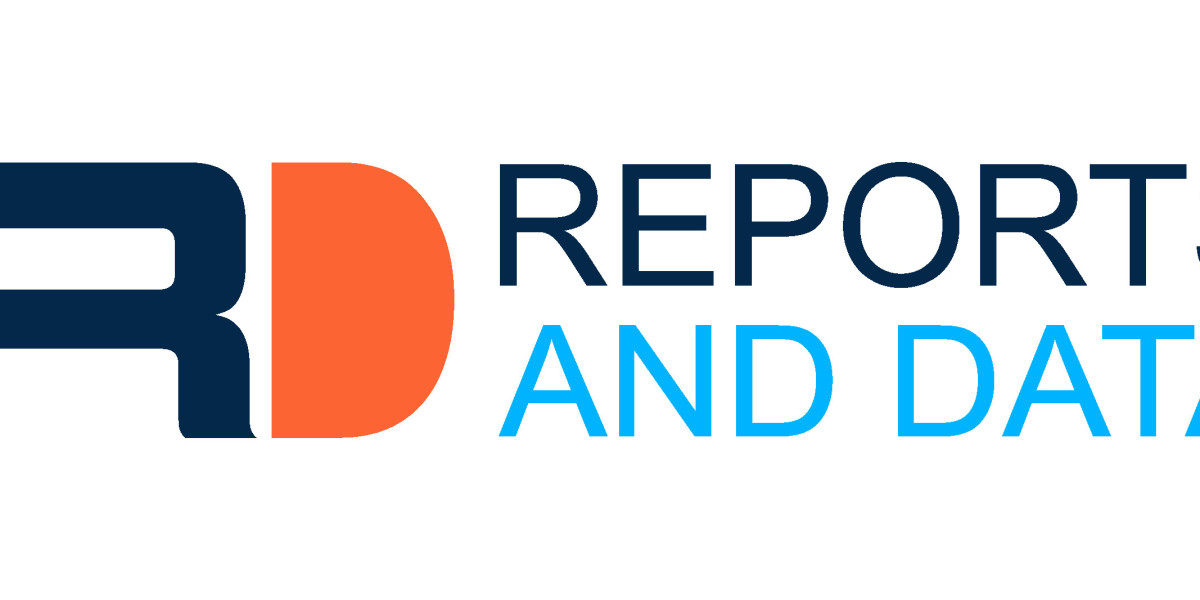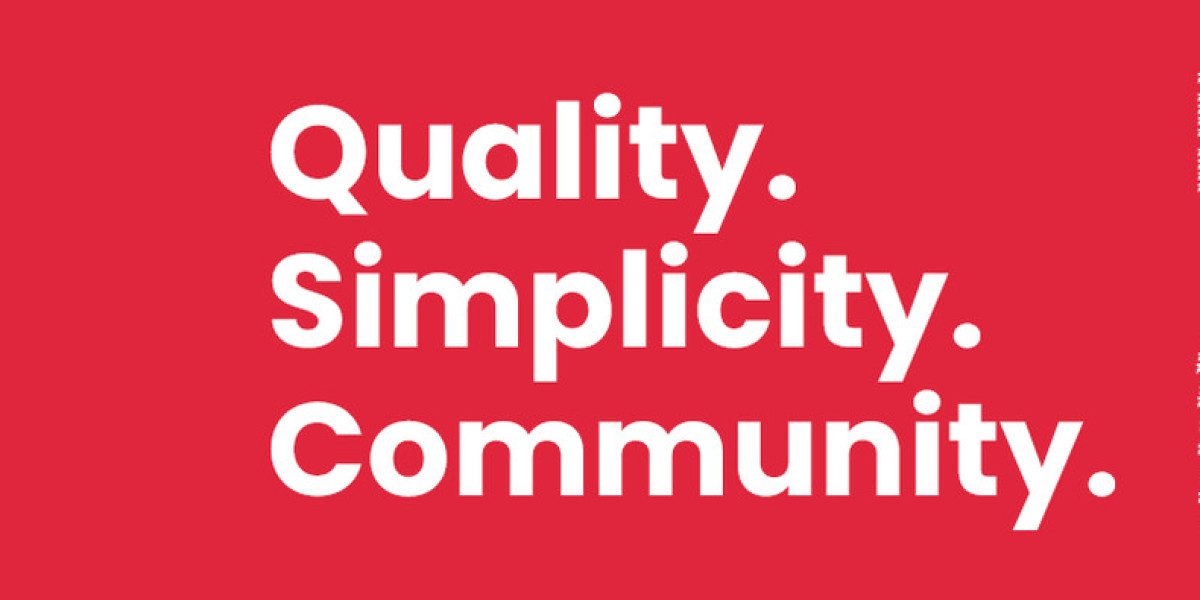In today’s fast-paced and highly regulated business environment, ensuring that your company comply with ever-changing employment laws is more important than ever. From federal and state regulations to local ordinances, businesses of all sizes must navigate a maze of legal requirements to avoid costly fines, lawsuits, and reputational damage. This is where HR compliance services come into play.
HR compliance services help businesses manage and adhere to a wide array of employment laws, standards, and best practices. In this blog, we’ll explore why HR compliance is so crucial, the common compliance challenges businesses face, and how HR compliance services can help mitigate risks while streamlining your HR operations.
What Are HR Compliance Services?
HR compliance services encompass a broad range of activities aimed at ensuring that a business’s human resources practices meet the legal and regulatory standards established by federal, state, and local governments. These services are designed to ensure that businesses comply with employment laws and regulations related to hiring, workplace safety, employee benefits, wages and hours, anti-discrimination practices, and much more.
HR compliance services typically include:
- Policy and Procedure Development: Creating or reviewing company policies to ensure they align with legal requirements.
- Training and Education: Offering training programs for HR staff and managers on the latest regulations and compliance requirements.
- Employee Classification and Compensation: Ensuring that employees are correctly classified (e.g., exempt vs. non-exempt) and that they are paid in accordance with applicable wage and hour laws.
- Workplace Safety and Health Compliance: Ensuring adherence to OSHA (Occupational Safety and Health Administration) standards and other health and safety regulations.
- EEO Compliance: Ensuring compliance with Equal Employment Opportunity (EEO) laws, including anti-discrimination and harassment training and reporting.
- Employee Benefits Compliance: Ensuring that benefits programs (such as health insurance and retirement plans) comply with the Affordable Care Act (ACA), ERISA, and other applicable laws.
- Employment Audits and Risk Assessment: Performing audits to identify compliance gaps and mitigate risks before they lead to legal issues.
Why HR Compliance is Crucial
1. Avoiding Legal Risks and Penalties
One of the primary reasons for maintaining HR compliance is to avoid legal issues that could lead to fines, penalties, or even lawsuits. Employment laws are complex and can change frequently, making it difficult for businesses to stay on top of their obligations. For example, failing to comply with the Fair Labor Standards Act (FLSA) could result in costly back pay for employees, penalties, and legal fees.
2. Protecting Your Reputation
A company's reputation can be easily damaged by compliance failures. A discrimination lawsuit, wage theft claim, or workplace safety violation can severely impact public trust and employee morale. By prioritizing HR compliance, businesses can demonstrate their commitment to treating employees fairly and lawfully, which can boost their employer brand.
3. Reducing Employee Turnover and Boosting Morale
A workplace that adheres to compliance standards provides employees with a safe and fair environment. When employees know that their rights are protected, they are more likely to be satisfied with their jobs, leading to reduced turnover and a more engaged workforce. This, in turn, can lead to higher productivity and a more positive work culture.
4. Operational Efficiency
While staying compliant can feel like a heavy burden, it doesn’t have to be cumbersome. HR compliance services often help streamline administrative tasks by automating processes, standardizing documentation, and implementing best practices for record-keeping. This improves overall efficiency and allows HR departments to focus on more strategic initiatives.
Common HR Compliance Challenges
Despite the obvious benefits of compliance, many businesses struggle with managing HR compliance due to several challenges:
Constantly Changing Regulations Employment laws evolve frequently. For example, changes in healthcare legislation, wage and hour laws, or family leave policies require businesses to stay vigilant and responsive.
Complexity of Local, State, and Federal Laws: Companies operating in multiple states or countries may face different laws in each jurisdiction. What is compliant in one state may not be in another, adding another layer of complexity.
Lack of In-House expertise: Many small- to mid-sized companies lack dedicated HR or legal teams who are equipped to manage compliance issues, leading to errors or missed deadlines.
High Costs of Non-Compliance: The financial implications of failing to comply with employment laws can be severe. Fines, legal fees, and settlements from lawsuits can cripple a business, especially small or medium-sized enterprises.
How HR Compliance Services Help
HR compliance services are designed to take the stress and guesswork out of managing employment law obligations. Here's how they help businesses:
1. Expertise and Knowledge
Compliance experts are well-versed in the intricacies of employment laws. They stay up-to-date with new regulations and ensure that your company is always in line with federal, state, and local requirements. With HR compliance services, businesses gain access to the latest insights on regulatory changes, reducing the risk of making costly mistakes.
2. Customized Solutions
Every business is different, and so are its HR needs. HR compliance services can be tailored to your organization’s size, industry, and specific challenges. Whether you're a startup or a large corporation, compliance consultants can provide customized solutions that are both practical and cost-effective.
3. Proactive Risk Management
An ounce of prevention is worth a pound of cure. By conducting regular audits and assessments, HR compliance services help businesses identify potential compliance risks before they become legal issues. This proactive approach helps businesses stay ahead of the curve and avoid unnecessary risks.
4. Training and Support
HR compliance services often include training programs to educate your managers and employees about their rights and responsibilities. Whether it’s discrimination training, wage and hour law compliance, or workplace safety protocols, training ensures that everyone in your organization is on the same page.
5. Peace of Mind
Perhaps the greatest benefit of HR compliance services is the peace of mind they provide. Knowing that experts are handling your compliance obligations allows business owners and HR professionals to focus on strategic initiatives rather than worrying about potential legal issues.
Conclusion
HR compliance is not a one-time task—it’s an ongoing process that requires constant attention to detail, up-to-date knowledge of laws, and proactive management. By partnering with HR compliance services, businesses can safeguard themselves against legal risks, ensure fair treatment of employees, and maintain a positive organizational culture.
The benefits of HR compliance go beyond avoiding penalties; they create a more organized, productive, and legally sound workplace. Whether you’re a small business owner or a corporate HR director, investing in HR compliance services is a smart move for ensuring long-term success and sustainability.



